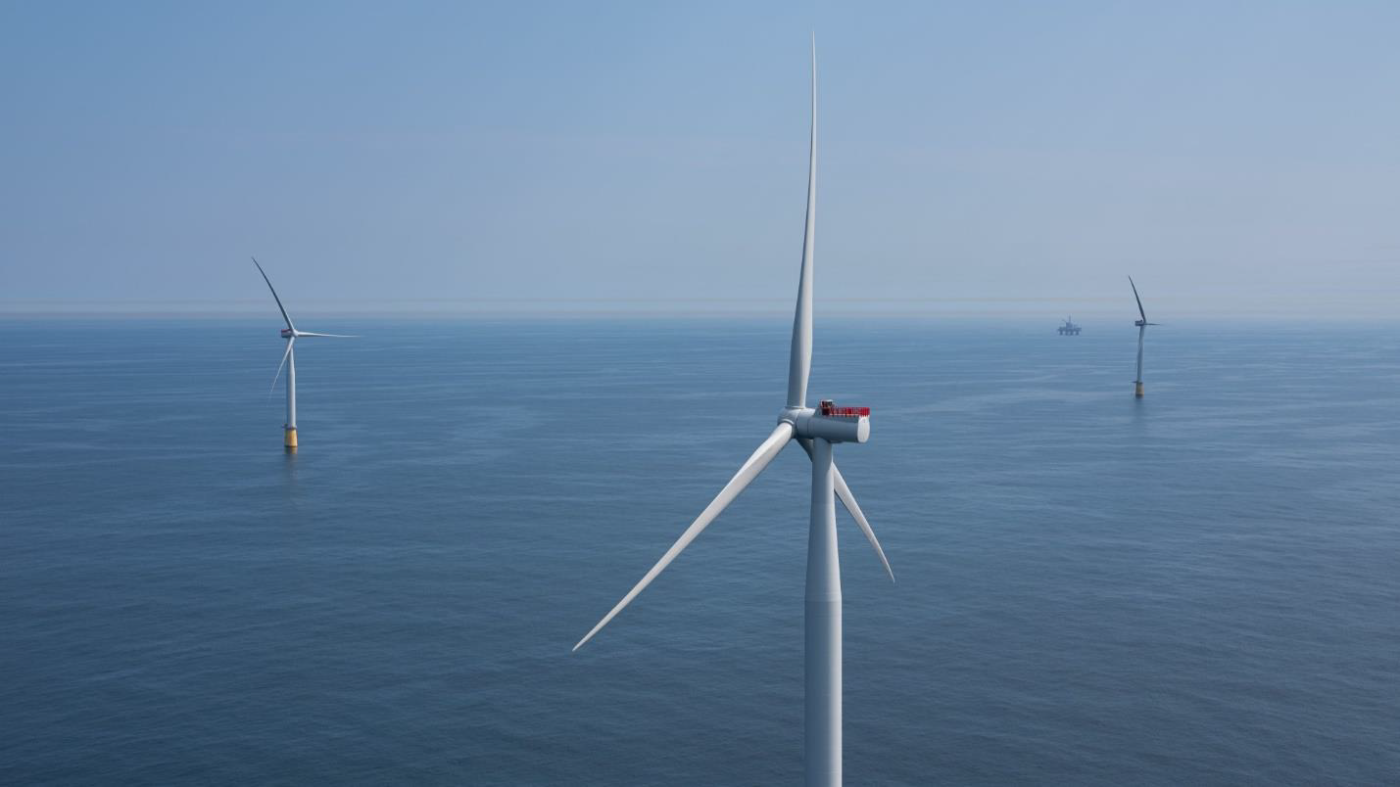Polenergia's offshore wind farms to drive further CO2 reductions
Polenergia Group, Poland’s largest privately owned energy company, is making significant contributions to reducing greenhouse gas emissions through its consistent investment in renewable energy. According to calculations by the Climate&Strategy Foundation, Polenergia avoided 1.05 million tonnes of CO2e emissions in 2023—2.5 times more than the company’s own emissions for the same period.
business power engineering maritime economy investments offshore news23 april 2025 | 10:03 | Source: Gazeta Morska | Prepared by: Kamil Kusier | Print

fot. Polenergia
This milestone is largely due to the Group’s proactive approach to measuring its carbon footprint across the full value chain, known as Scope 3 emissions. These indirect emissions—originating from the purchase of goods and services, waste management, transportation of materials and products, and even business travel—account for nearly 80% of the company's total emissions, amounting to 325,000 tonnes of CO2e. In comparison, Scope 1 and Scope 2 emissions were 93,000 tonnes and 5,000 tonnes respectively.
Marta Porzuczek, Director of the Environmental Protection and Sustainable Development Department at Polenergia Group, emphasized the importance of transparent climate reporting: The Scope 3 carbon footprint complements the information we provide to our stakeholders and enhances transparency regarding Polenergia’s environmental impact. In 2023 alone, we avoided more than one million tonnes of CO2e—2.5 times more than we emitted. Our Scope 3 footprint is also 2.5 times lower than the avoided emissions. By using electricity generated from our renewable sources instead of fossil fuels, we were able to avoid one million tonnes of carbon dioxide emissions.
With this achievement, Polenergia has joined the select group of companies in Poland that report emissions across all three scopes, in line with the globally recognized GHG Protocol methodology. The challenging Scope 3 calculations were carried out by the Climate&Strategy Foundation, while Scopes 1 and 2 were assessed by Materiality, a consultancy with extensive experience in building sustainable organizations.
A major next step for the Group is the development of two offshore wind farms—Bałtyk 2 and Bałtyk 3—jointly developed with Norwegian energy company Equinor. With a total capacity of 1,440 MW, these projects are located within Poland’s exclusive economic zone in the Baltic Sea, 22–37 km offshore. The first power output is expected in 2027, with full commercial operation planned for 2028.
Łukasz Dobrowolski, Director of Climate Strategy and Energy Markets at the Climate&Strategy Foundation, noted: Polenergia’s operations already play a crucial role in laying the foundation for a zero-emissions economy. To better understand the environmental footprint of the planned offshore wind farms, we evaluated their contribution to national emission reductions. Our analysis shows that the Bałtyk 2 and Bałtyk 3 wind farms will enable the avoidance of nearly 2 million tonnes of CO2e emissions annually.
Polenergia began actively tracking its carbon emissions in 2022 and has since implemented systems for data collection, employee training, and capacity building in sustainability. The Group is also a member of the Science Based Targets Initiative, through which its decarbonization goals are reviewed and verified by scientific experts.
see also
Buy us a coffee, and we’ll invest in great maritime journalism! Support Gazeta Morska and help us sail forward – click here!
Kamil Kusier
redaktor naczelny
comments
Add the first comment
see also
Navantia and Fincantieri deepen cooperation on the european patrol corvette programme
Galeon Yachts and Meyer Shank Racing: merging luxury yachts with motorsport expertise
Unmanned systems and naval firepower modules. WB Group showcases integrated capabilities at Enforce Tac 2026
Swedish ports record lowest ship calls in 18 years. Implications for the maritime sector
February in Szczecin’s shiprepair sector. Ice, overhauls and North Sea expansion
Advanced ROV trials conducted at CTO to validate subsea technologies for offshore applications
University of Gdańsk and PGZ Naval Shipyard join forces for innovation and security
Stadt Naval to deliver electric propulsion system for Polish rescue vessel Ratownik
Gdańsk port’s Basen Górniczy to gain modern port infrastructure
First month of Jantar Unity operations. Polsca ferry paves the way for Batory program units
ADVERTISEMENT
ADVERTISEMENT